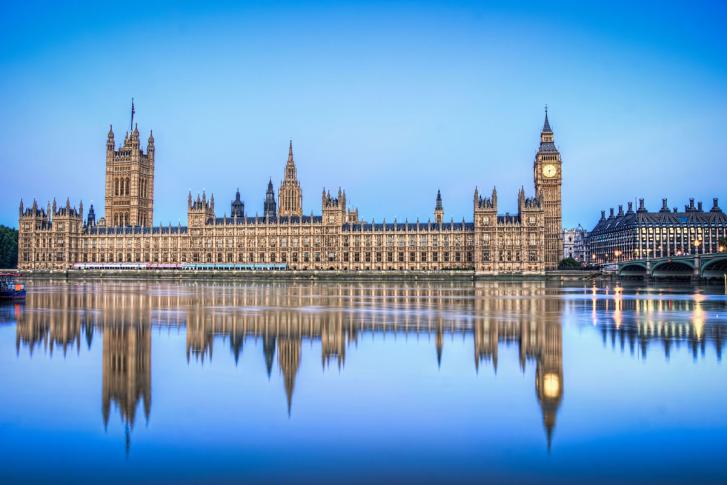
This morning’s news that the Conservative Party were unable to secure a majority in the House of Commons will have been a surprise to some and will be debated across millions of breakfast tables, with many unsure as to what the future now holds.
However – in the cold light of day – a government can be formed and along with the DUP, a focus will now be placed upon a ‘softer’ Brexit negotiation and a need for genuine political stability over this negotiating period.
Policies outlined in the Conservatives’ election manifesto will be scrutinised – whether you’re a business, an individual or a young person considering future options. Brexit and future economic growth though has to be the priority.
And if Theresa May’s manifesto commitments are carried out, how will this impact on Oxfordshire and – in particular – what might it mean for our business community? Undoubtedly, the primary concern for all businesses – whether an SME, national or international organisation – is what type of Brexit deal is likely to be struck by Mrs May.
What appears to now be likely is a softer one than many perhaps thought.
In her manifesto, Mrs May commits to creating ‘a strong economy built on sound public finances, low taxes, better regulation and free trade deals with markets around the world.’ Clearly – it would appear Mrs May has an appetite for a global future, encouraging trade with countries from outside of the EU and aiming to create conditions for this to happen.
In Oxfordshire, we have continued to grow our economy dynamically with the creation of 45,000 new jobs since 2012. This represents over 50% of our 2031 targets and importantly, provides our businesses with the capacity to rise to the challenge of a post-Brexit economy.
In relation to the skills agenda, the manifesto focusses on nurturing conditions for a ‘world-class technical education’.
It states creating these conditions will ‘require bold reform of the funding, institutional and qualifications frameworks for technical education, in partnership with British industry’, with a commitment to ‘go further to improve technical education’ as well as investment in ‘further education colleges to make sure they have world-class equipment’.
Through this pledge, it would seem Mrs May is aiming to bring business and academia closer together – something which OxLEP promotes at a local level through our OxLEP Skills and OxLEP Business teams.
We recently completed a refresh of our Strategic Economic Plan which sets ambitious growth targets with strong support for infrastructure, business and skills prioritised.
Most recently we have completed our Science Innovation Audit which builds upon the strength of our private and public sector partnership, focused on transformational business sectors such as digital health, space-led data applications, autonomous vehicles and technologies, underpinning quantum computing.
In addition, Mrs May has also suggested an ‘unprecedented investment in cyber security’, a development of ‘the world’s most dynamic digital economy’ and – in relation to building homes – a ‘commitment to deliver a million homes by the end of 2020 and delivering half a million more by the end of 2022’.
Regarding homes – our track record of delivering new homes over the past four years has improved significantly with a more than 70% increase in completions, this coupled with over £200m of investment in our infrastructure is evidence of our progress.
However, without continued investment in our economy, we risk a slow down and therefore strong leadership and a balanced employment and housing supply remains a priority.
Ultimately – as is the case with any incoming government – the ‘proof is in the pudding’ and like all Oxfordshire-based organisations, OxLEP will continue to follow developments closely, starting with Brexit negotiations which are now just days away.
Nigel Tipple (Chief Executive)



